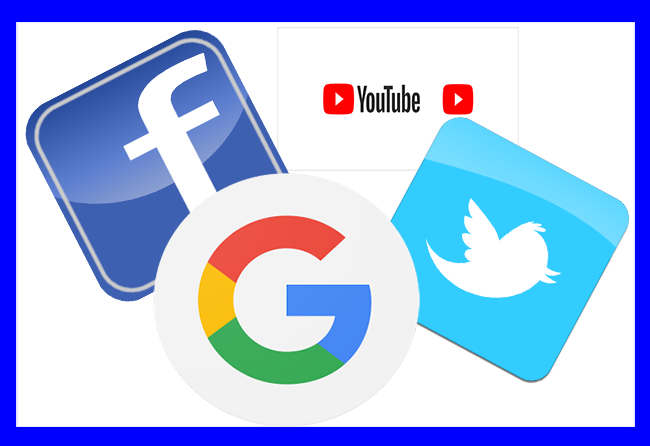Kerby Anderson
For the next two days, I want to talk about the expanding role of Big Tech in the midst of this pandemic. Today I want to focus on surveillance and privacy.
In other countries, the citizens have been willing to submit to increased surveillance. In South Korea, the government has used credit card data, cellphone location data, and surveillance camera footage to track citizens They even announced that infected individuals might be required to wear electronic wristbands.
Rachel Bovard thinks it is “unlikely US citizens would tolerate such intense and mandatory measures. But that’s where Big Tech comes in.” Seton Motley noticed something when he reread George Orwell’s book, 1984. Orwell’s fictional government “was extraordinarily competent in its totalitarian imposition of technological power.” But no government is that competent and would need help. “Enter private sector Big Tech.”
Google has already been sharing aggregate user location data with governments. Cell phone companies have developed tracking apps for their phone. Databases are collecting everything from GPS location data to medical data. Government bureaucrats and medical personnel have even talked about creating “immunity passports.”
Americans assume that there is some level of security of their personal health data. This is supposed to be protected by HIPAA, the nation’s health privacy law. But the Department of Health and Human Services announced that it might relax enforcement of this law.
Often a crisis changes our attitude towards privacy. After 9/11, Congress passed the PATRIOT Act that authorized massive surveillance of Americans. One security expert commented that “the effects of COVID-19 will be more dramatic than the effect of the terrorist attacks of 9/11.” What may have been unreasonable a year ago, might be set in motion if we don’t resist this dangerous trend.
 Listen Online
Listen Online Watch Online
Watch Online Find a Station in Your Area
Find a Station in Your Area












 Listen Now
Listen Now Watch Online
Watch Online
